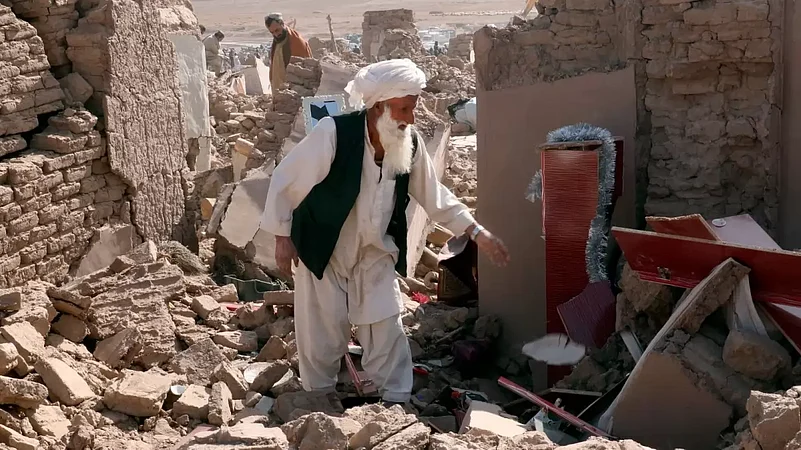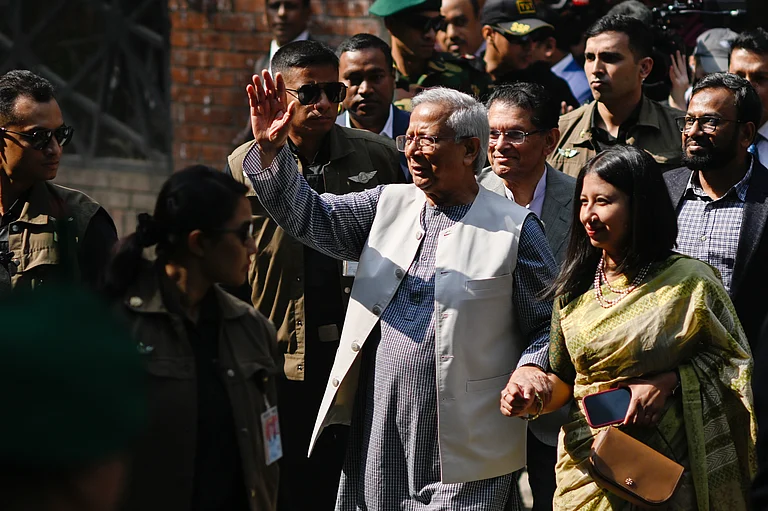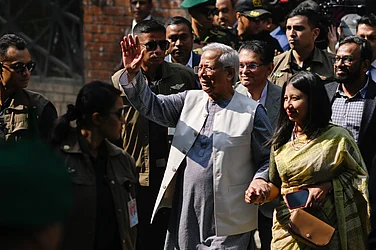The death toll from a series of strong earthquakes that rocked western Afghanistan has tragically risen to 2,000, making it one of the deadliest earthquakes to hit the country in the past two decades.
The initial powerful magnitude-6.3 earthquake, followed by significant aftershocks, resulted in dozens of casualties, as reported by Afghanistan's national disaster authority.
According to an AP report, Abdul Wahid Rayan, the Ministry of Information and Culture spokesperson, disclosed that the death toll in Herat was higher than initially reported, with around six villages devastated and hundreds of civilians trapped beneath debris, necessitating urgent assistance.
The United Nations initially estimated 320 fatalities but later clarified that the figure was still being verified. Local authorities provided an estimate of 100 deaths and 500 injuries. Additionally, 465 houses were reported destroyed, with 135 more suffering damage. The UN expressed concerns that the casualty count could rise as search and rescue operations continued and more people might be trapped under collapsed buildings.
The earthquake mainly impacted four villages in Herat province's Zenda Jan district. The United States Geological Survey located the quake's epicenter about 40 kilometers northwest of Herat city, followed by several strong aftershocks, including magnitudes 6.3, 5.9, and 5.5. Residents of Herat city experienced multiple powerful tremors, causing widespread fear and prompting people to evacuate their homes.
The World Health Organization in Afghanistan dispatched 12 ambulance cars to Zenda Jan to evacuate casualties and provide medical assistance. Telephone communication in Herat was disrupted, making it challenging to gather information from affected areas. Videos shared on social media depicted hundreds of people in the streets, seeking refuge outside their homes and offices.
Herat province shares a border with Iran, and the earthquake was also felt in nearby Afghan provinces, including Farah and Badghis. The Taliban's deputy prime minister for economic affairs, Abdul Ghani Baradar, offered condolences to the victims in Herat and Badghis, urging local organizations to swiftly assist those affected by the earthquake. The Taliban called on security agencies to use all available resources for rescue efforts and appealed to fellow Afghans for cooperation and assistance to aid their afflicted compatriots. This tragic event follows a powerful earthquake in eastern Afghanistan in June 2022, which resulted in substantial casualties and destruction.


























